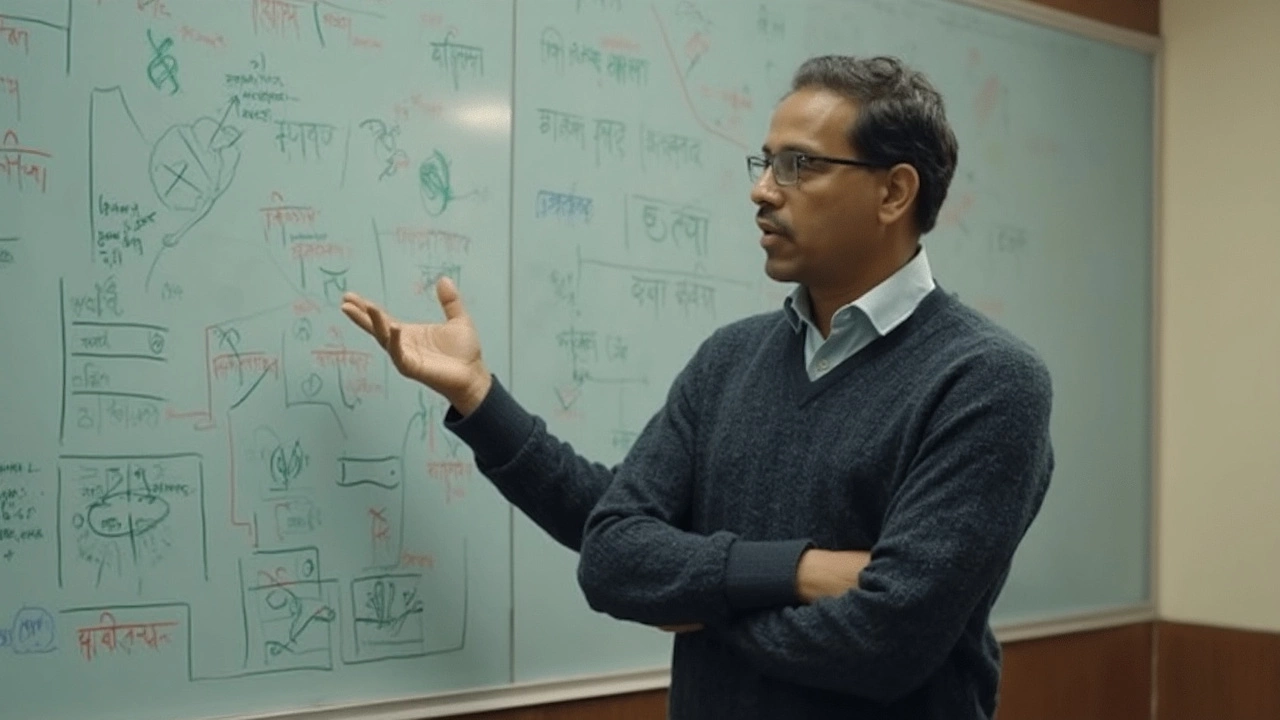
Vikas Divyakirti's Court Summons: What Led to the Defamation Case?
Vikas Divyakirti, a well-known figure in the education world, finds himself at the center of a legal and social storm after a Rajasthan court summoned him over a years-old remark. A local Ajmer court took notice of a video where Divyakirti compared judges and IAS officers, reportedly calling the latter more influential. Lawyers in the city quickly saw this as a slight against the judiciary, kicking off a defamation case that now has the education community and social media crowds deeply divided.
The controversy began after a video featuring Divyakirti surfaced on various platforms, with clips emphasizing his comments about judicial officers versus IAS administrators. Kamlesh Mandolia, a lawyer from Ajmer, was among the first to take offense, filing a criminal complaint insisting that such words undermined the dignity of the judiciary. The complaint didn't just linger as a social media grumble; it moved into the courtroom, where an order was issued requiring Divyakirti to appear in person before the magistrate on August 2.
But things didn't play out as simply as a court date. When the scheduled day for appearance came up, Divyakirti did not personally turn up. Instead, his legal representative requested that the court excuse him from being physically present. The request for exemption is a common move in such high-profile defamation cases, where the accused argues that their absence does not harm court proceedings, especially if the case's facts are in dispute.
Arguments, Reactions, and the Next Steps
Divyakirti’s legal team wasn't about to take the charges lying down. They filed a petition in the Rajasthan High Court, arguing that the video and its content were taken out of context. The main point from the defense is this: Divyakirti’s remarks, they argue, should not be read as defamatory when the entire context is considered. The Rajasthan High Court, with Justice Sameer Jain presiding, listed the first hearing of this petition for July 21.
The case has been anything but low-key. News of the court proceedings quickly lit up social media, with hashtags, heated threads, and video reactions. On one side, fans and students of Divyakirti say the matter is being blown out of proportion, calling it an honest comparison or even just free speech. On the other side, lawyers and judiciary supporters insist that certain boundaries must be respected, especially regarding remarks about judges who can't publicly defend themselves.
Meanwhile, the Ajmer court has kept the requirement for Divyakirti’s personal appearance alive, at least for now, even as higher courts look into the petition and its arguments. It’s clear that the issue isn’t just about what was said—it’s about how society balances the right to critique public institutions with the need to respect their roles.
As August 2 approaches, the education world is watching closely. Will the local court pursue the defamation case further or will the High Court intervene and draw the line on what counts as genuine criticism versus actionable insult? For now, the only certainty is the debate will keep running far beyond the courtroom doors.